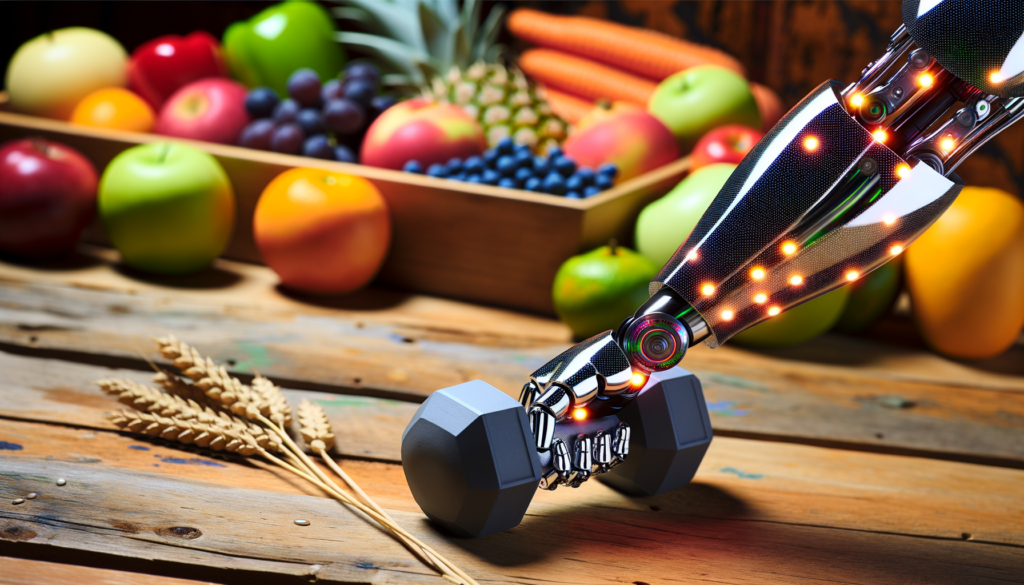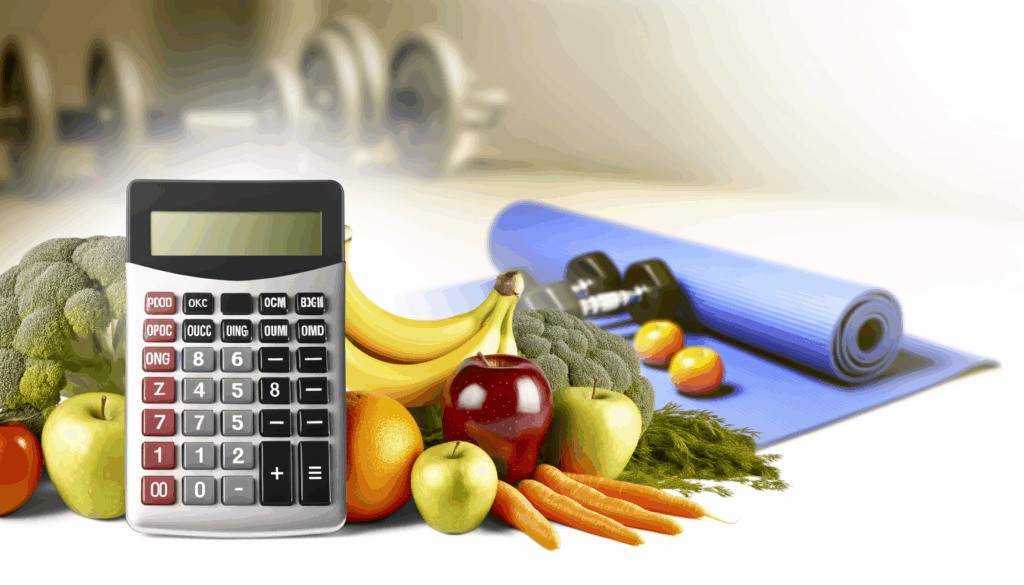Optimizing Performance: Calorie Tracking for Martial Artists and Combat Sport Practitioners
Understanding Calorie Expenditure in Martial Arts
Martial arts and combat sports are highly demanding activities that require a significant amount of energy. To optimize performance, it is crucial to understand how many calories are burned during these activities. The calorie expenditure can vary widely depending on the intensity and type of martial art.
For instance, slower pace martial arts can burn approximately 475-575 calories per hour, while moderate pace martial arts can burn between 750-900 calories per hour.
Calculating Calorie Burn
To accurately calculate the calories burned, you can use the MET (Metabolic Equivalent of Task) formula. The MET value is a measure of the energy cost of physical activities. For martial arts, the MET value can range from 5.3 for slower pace activities to higher values for more intense practices.
Here is an example calculation:
Calories burned per minute = (MET x body weight in Kg x 3.5) ÷ 200
For a person weighing 180 pounds (81.65kg) doing slower pace martial arts (MET value of 5.3) for 1 hour:
Calories Burned per minute = (5.3 x 81.65 x 3.5) ÷ 200 = 7.57
Calories Burned for 60 minutes = 7.57 x 60 = 454 calories
This formula helps in estimating the calorie burn, but it’s important to note that individual differences in energy expenditure can be significant.
Nutrition for Optimal Performance
Proper nutrition is essential for martial artists and combat sport practitioners to ensure they have the energy and nutrients needed for training and competition.
Carbohydrates: The Primary Energy Source
Carbohydrates are the primary source of energy for high-intensity activities. Complex carbs like whole grains, sweet potatoes, and brown rice provide a steady stream of energy, while fruits and vegetables offer quick energy bursts.
Protein: Muscle Repair and Growth
Protein is vital for muscle repair and growth. Lean meats such as chicken, turkey, and fish, as well as plant-based options like tofu, lentils, and quinoa, are excellent sources of protein. Aim to consume 20-30 grams of protein after every training session to promote muscle recovery.
Hydration: Essential for Performance
Staying hydrated is crucial for peak performance. Water and electrolyte-rich drinks like coconut water or sports drinks help maintain hydration levels. It is recommended to keep a water bottle close by and take sips between training sessions or rounds.
Healthy Fats: Supporting Overall Health
Healthy fats, found in avocados, nuts, and olive oil, help reduce inflammation and support brain function. These fats also add flavor to meals, making nutrition more enjoyable.
Pre-Fight and Post-Fight Nutrition
Pre-Fight Meals
The pre-fight meal should be a balanced combination of easily digestible carbohydrates and some protein for sustained energy. A meal like grilled chicken with quinoa and roasted vegetables is ideal. Avoid overeating to prevent discomfort during the fight.
Post-Fight Recovery
After a fight, it’s important to replenish glycogen stores with carbohydrates and refuel muscles with protein. A post-fight meal could include a mix of carbs and protein, such as a protein shake with fruit or Greek yogurt with honey.
Snacking and Cheat Days
Snacks: Quick Energy Boosts
Snacks are essential for maintaining energy levels between training sessions. Opt for nutrient-rich snacks like protein bars, trail mix, Greek yogurt, or fruit with nut butter. These snacks provide quick energy boosts and help keep you focused.
Cheat Days: Mental and Physical Balance
Cheat days can be beneficial for both mental health and physical balance. Occasionally treating yourself to your favorite foods can help you stay on track with your overall meal plan. Remember, balance is key, and a well-deserved treat won’t sabotage your progress.
Real-World Examples and Case Studies
Professional Fighters’ Nutrition Plans
Professional fighters often follow strict nutrition plans to optimize their performance. For example, a comprehensive nutrition course for combat sports athletes might include modules on macro and micro nutrition, energy demands, performance nutrition, and weight cut strategies. These courses help athletes assess their body composition, calculate their energy needs, and create personalized meal plans.
Community Feedback
In online communities, martial artists often discuss their calorie tracking experiences. For instance, a Krav Maga practitioner might log their 90-minute training session but struggle to accurately estimate the calorie burn due to the varying intensity of the session. Using a calorie monitor or adjusting the logged time based on the intensity can help in getting a more accurate estimate.
Summary and Actionable Steps
To optimize performance in martial arts and combat sports, it is crucial to:
- Track Calorie Expenditure: Use the MET formula or a calorie monitor to estimate the calories burned during training.
- Fuel Properly: Focus on carbohydrates for energy, protein for muscle repair, and healthy fats for overall health.
- Stay Hydrated: Keep hydrated with water and electrolyte-rich drinks.
- Plan Meals: Ensure balanced pre-fight and post-fight meals, and snack on nutrient-rich foods.
- Allow Cheat Days: Balance your diet with occasional treats to maintain mental and physical well-being.
By following these steps and staying informed about the latest nutrition guidelines, martial artists and combat sport practitioners can enhance their performance, recover effectively, and maintain overall health.
Take the Next Step with Calorie Calculator Cloud
For precise calorie tracking and personalized nutrition plans, consider using Calorie Calculator Cloud. This tool can help you estimate your calorie expenditure accurately and provide tailored nutrition advice to support your training and competition goals. Explore the Calorie Calculator Plans to find the best fit for your needs.
By combining accurate calorie tracking with a well-planned nutrition strategy, you can achieve peak performance and succeed in your martial arts or combat sports journey.








